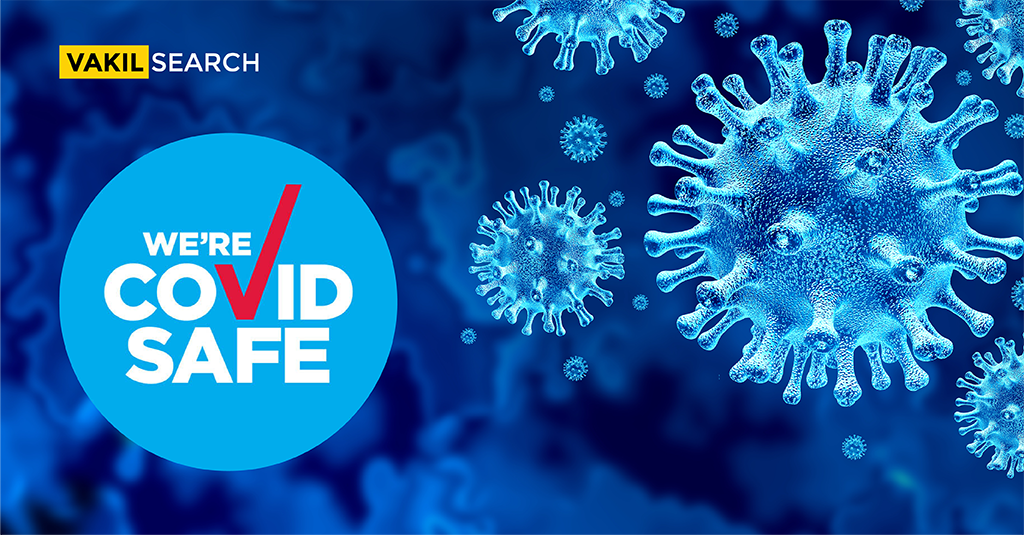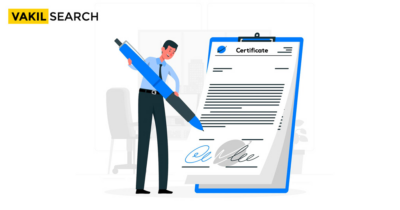As COVID-19 continues to impact our daily lives, many questions arise about the precautions needed to protect ourselves and our communities. From steps to ensure safety in industries to understanding government measures to curb the spread, this FAQ offers comprehensive insights on COVID precautions.
Looking at the current scenario of the rise in COVID-19 cases, businesses are advised to adopt all the safety measures and new ways of working under COVID secure guidelines. It is now a legal requirement to ensure your business is COVID-19 secure. Here is more information about the COVID safe certification for your company.
What is COVID-19?
COVID-19, also known as the Coronavirus, is a respiratory virus transmitted by coughing, sneezing, touching contaminated objects, and coming into contact with infected people. The government is trying to control the spread of massive earthquakes by imposing lockdowns. This has impacted many businesses.
What Is a COVID Safe Certificate?
A COVID SAFE certificate is a certificate that gives businesses, companies, employees, and customers confidence that an organisation has met all the government guidelines. All businesses must legally ensure that they have strict norms to protect their employees and customers. The way we work has changed after the coronavirus outbreak. It is the first and foremost duty of businesses to keep their staff and customers safe. It is necessary to prove that they’re providing the best working environment with a COVID-safe certification.
COVID-19 Precautions for Businesses
During the COVID-19 pandemic, businesses can take the following precautions to create a safe and healthy workplace for employees and clients.
- Make sure your workplace is clean and hygienic.
- Surfaces and objects need to be wiped with disinfectant regularly.
- Keep sanitisers and hand rub dispensers around the workplace.
- Display posters promoting respiratory hygiene. Communicate this by a short briefing at meetings.
- Ensure that face masks are worn by all employees.
- Open windows and doors whenever possible to make sure the premises are well ventilated.
- While hosting any meetings or events, be prepared with an isolation room or call your hotline number.
- Try to offer employees a work-from-home option in order to slow the spread of the coronavirus.
- Limit face-to-face meetings as much as possible.
- Organizations must ensure that employees and customers follow social distancing.
- maintains attendance records of patrons for contact tracing.
- Manage waiting areas to ensure social distancing.
- Avoid sending older employees and/or employees with medical conditions such as diabetes, heart disease, and lung disease on international travel.
All businesses are required to comply with these regulations and help to reduce the risks of COVID-19.
The Importance of COVID Safe Certification for Businesses
The COVID safe certification is designed to reassure the employees entering the premises about the good practises taken to prevent the spread of COVID.
- This certification helps businesses with assessing risk management, compliance management, and monitoring personal hygiene.
- The COVID safe certifications are valid for one year or six months.
- The validity of the certificate can also be extended further.
There are many organisations that provide a COVID-19 secure certificate, which you can print and display in your workplace or premises to show that your business is complying with government guidance and managing the transmission risk.
Display the Safety Measures Taken
Following government guidelines and getting a COVID Safe certification for your business are the keys to protecting your employees and customers from COVID-19. But how can you assure them that you have taken all the necessary safety precautions?
- Make employees aware of the new processes you have put in place to reopen your business, like social distancing, hand sanitiser, or any PPE.
- Tell customers about the risk assessment you have carried out to be COVID-19 secure.
- Place a poster in your window to demonstrate your awareness of the safety measures taken.
- A copy of the protocol must be given to all the employees and must be posted in employee designated areas.
- Businesses with more than one location must have a separate COVID-19 safety compliance certificate for each address.
COVID secure certificates and safety plans are crucial in ensuring that reopening businesses do not raise the risk of corona spreading. If you don’t get a COVID Safe certificate, you might be putting the environment at risk. Failure to do so may result in the premises and business being closed by licenced officers under the Emergency Management Act.
Conclusion
As the COVID-19 pandemic is far from over, businesses must keep reviewing the COVID-19 risk management controls and decide whether any changes or additional control measures are required. These are undoubtedly unusual times for all of us. But together we can and we will get through this period in the best possible way. Let us focus on staying safe and keeping everyone around us safe.
Visit Vakilsearch to learn more and get legal assistance.
FAQs on Covid Precautions
What precautions should employees take during COVID?
Employees should frequently wash their hands, maintain social distancing, wear masks, avoid touching faces, and follow workplace safety guidelines.
What are the measures taken by the government to stop the spread of COVID-19?
The government has implemented lockdowns, travel bans, and quarantine protocols. They've also launched awareness campaigns and testing and vaccination drives.
How many types of safety precautions are there?
There are three main types: primary (preventative measures), secondary (detection and early response), and tertiary (minimizing impact after contraction).
What are the steps to take to ensure safety and health in the industry?
Regular health check-ups, sanitisation of the workplace, wearing protective equipment, and employee training on safety protocols are crucial steps.
What are 5 safe work practices?
a) Regular hand hygiene b) Use of personal protective equipment c) Safe handling and disposal of sharp objects d) Training on emergency protocols e) Maintaining clean and organised workspaces.
What are the 10 universal precautions?
Universal precautions include hand hygiene, use of PPE, safe injection practices, safe handling of potentially contaminated equipment or surfaces, respiratory hygiene, and more.
What is the major safety precaution while working?
The major safety precaution is to be aware of one's surroundings, follow training guidelines, and always use personal protective equipment appropriate for the task.
Also, Read:










